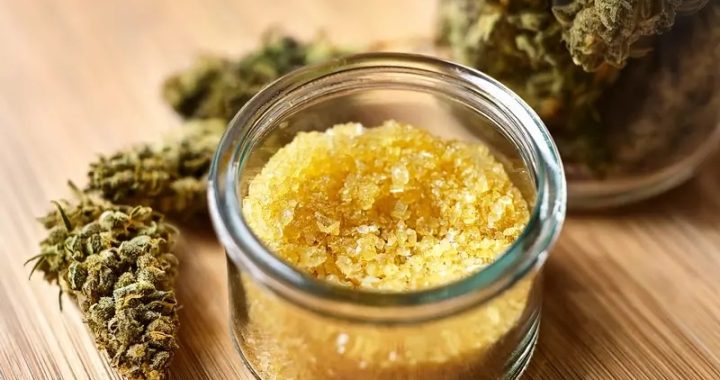
Why does asparagus make my pee smell funny?
It is one of the great mysteries of life, one that if you’ve ever experienced, you might be afraid to ask. Why does asparagus make my pee smelly funny?
As it turns out, not everyone is lucky enough to experience the phenomenon dubbed “asparagus pee.” According to a report for Medical News Today, “new research reveals that only those of us with variations in the genes responsible for detecting smell can get a whiff of the strange scent.”
The harmless odor is caused by a breakdown of asparagusic acid. Your genes affect whether you can smell these sulfur byproducts. If you can’t, that’s called asparagus anosmia.
The smell can be detected as early as 15 minutes after eating asparagus and may last up to 14 hours.
“Led by Sarah Markt and Lorelei Mucci – at the Harvard T.H. Chan School of Public Health, MA – a research team carried out an analysis of 6,909 men and women of European-American descent who were involved in two long-term research studies: the Nurses’ Health Study and the Health Professionals Follow-up Study.
“Participants were asked to respond to the prompt: ‘After eating asparagus, you notice a strong characteristic odor in your urine.’”
Asparagusic acid is a sulfur-containing compound that seems to be found exclusively in asparagus.
It’s a nontoxic substance that produces a sulfurous odor, which some say is similar to rotten cabbage.
Once your body metabolizes asparagusic acid, it produces several sulfurous byproducts that are highly volatile — meaning that they vaporize easily.
When you urinate, these compounds evaporate almost immediately, which enables them to travel from the urine up to your nose, allowing you to smell them.
The report states that, “people who responded with ‘Strongly agree’ were categorized as being able to smell asparagus and those who responded, ‘Moderately agree,’ ‘Slightly agree,’ ‘Slightly disagree,’ ‘Moderately disagree,’ and ‘Strongly disagree’ were categorized as having asparagus anosmia.
“The researchers then explored the association between genetic variation and the asparagus anosmia trait in more than 9 million genetic variants.”
The investigation revealed 871 variations in DNA sequence particularly associated with being asparagus anosmic. These variations, known as single nucleotide polymorphisms (SNPs), were located on chromosome 1 – a chromosomal region that contains multiple genes connected to the sense of smell.
According to the data, findings show that 40 percent of participants strongly agreed that they could smell a distinct odor in their urine after eating asparagus, whereas 60 percent could not and were therefore branded “asparagus anosmic.”
A higher proportion of women (62 percent) than men (58 percent) reported that they could not smell the odor. The researchers are dubious of this result as they say that women are known to more accurately and consistently identify smells.
So, now you know why asparagus makes your pee smell funny…. or maybe you don’t because you don’t have that gene variation.

























